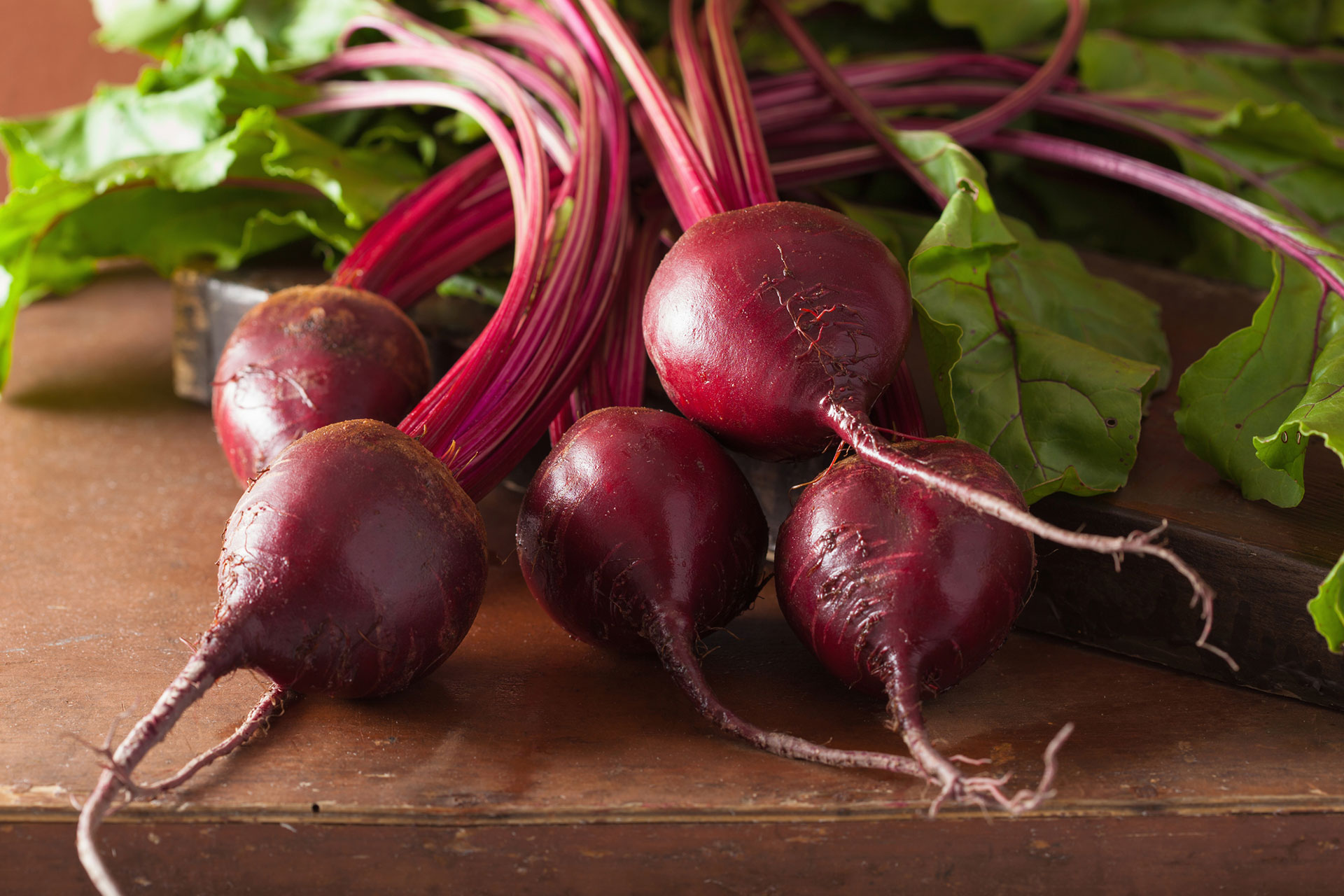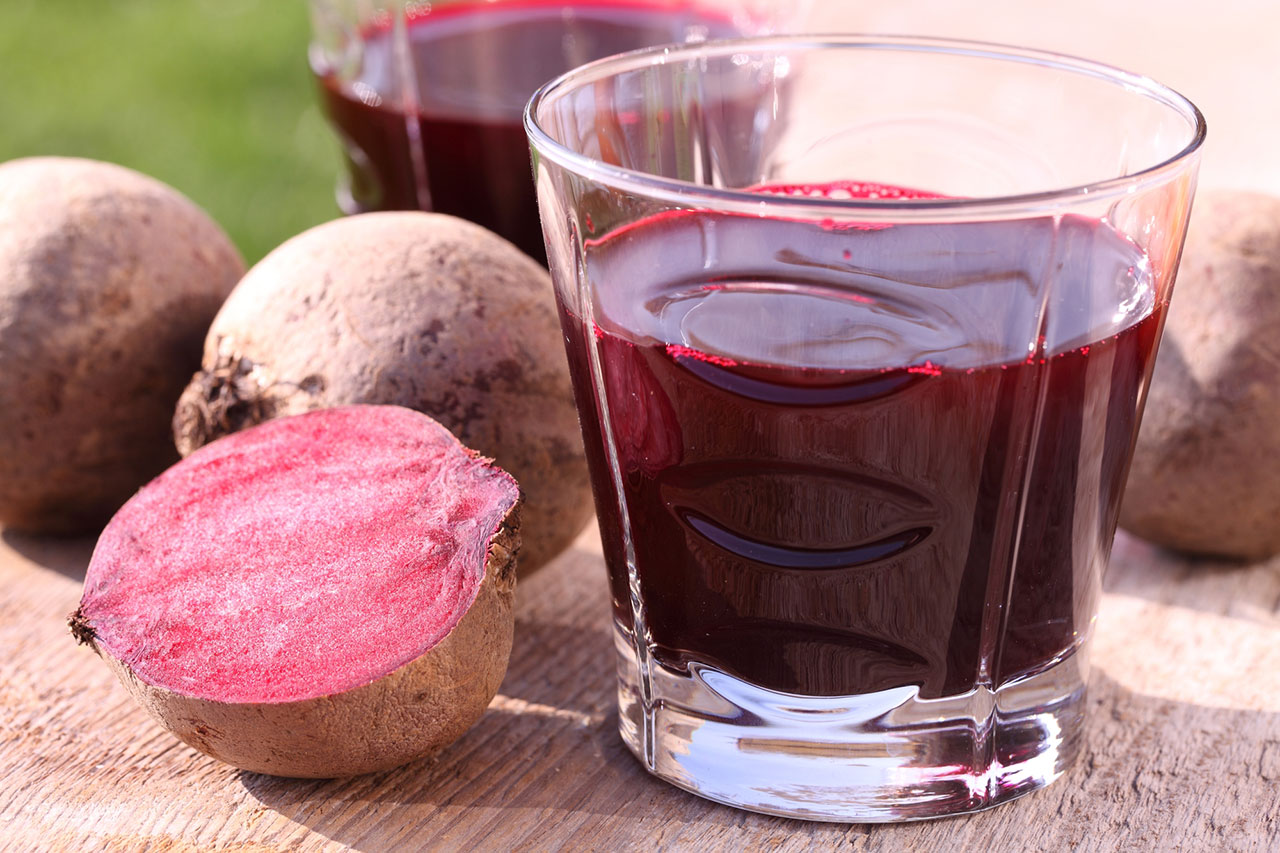Can Dogs Eat Beets?
Yes! Dogs can eat beets, and they are perfect for dogs for many reasons!
What Are Beets?
Beets are root vegetable that comes in various varieties, including red, Chioggia, and golden. They can be eaten boiled, roasted, or raw in salads. The nutrients fiber, folic acid, vitamin a, and potassium are all abundant in beets. They also contain nitrates, which can help lower blood pressure.
What Are the Nutritional Benefits of Beets for Dogs?
Dogs reap many benefits from eating organic beets, including improved joint health, digestion, and stronger muscles. Beets are also high in fiber and antioxidants, which help keep dogs healthy and good-looking. Read on to learn more about the ten nutritional benefits of beets for dogs!
- Joint Health: Beets are a good source of glucosamine essential for joint health. Glucosamine helps to rebuild cartilage and reduce inflammation.
- Digestion: Beets are high in fiber, which helps regulate digestion and keep things moving smoothly. The antioxidants in beets also help to reduce inflammation in the digestive tract and small intestine.
- Muscle Strength: Beets are a good source of iron for healthy muscles. Iron helps to carry oxygen to the muscles and also aids in muscle recovery.
- Heart Health: Beets are rich in nitrates, which help to lower blood pressure and minimize the risk of heart disease. Nitric oxide, which the body produces from nitrates to expand blood vessels and enhance blood flow, is produced by the body.
- Brain Health: Beets’ antioxidants help protect the brain from damage and improve cognitive function. Beets also contain betaine, which has been shown to improve mood and reduce stress levels.
- Cancer Prevention: Beets’ antioxidants help protect cells from damage and reduce cancer risk. Beets also contain phytochemicals that can help to kill cancer cells.
- Skin & Coat Health: The high levels of antioxidants in beets help to improve healthy skin and coat. Beets also contain essential fatty acids, which help to keep the skin and coat healthy and looking good.
- Kidney Health: Beets are a good source of magnesium essential for kidney health. Magnesium helps to reduce inflammation and protect the kidneys from damage.
- Liver Health: Beets’ antioxidants help protect the liver from damage and improve liver function. Beets also contain glutathione, a critical detoxifier that helps cleanse the liver.
- Overall Health: Beets are a nutrient-rich food that provides many health benefits for dogs. Beets are a great way to keep your dog healthy and looking its best.
In conclusion, beets are a superfood for dogs with many health benefits. From improving joint health to preventing cancer, beets are a great way to keep your furry friend healthy and looking their best. So, pick up some beets for your pup next time you’re at the grocery store!
How Can You Add Beets to Your Dog’s Diet?
Beets are a great source of fiber, potassium, vitamin C and B6, manganese, and magnesium. In addition, they are a strong source of antioxidants and have anti-inflammatory qualities. In this article, we will explore ten different ways how you can add beets to your dog’s diet and explain the benefits of each.
- Beet pulp: Beet pulp is the by-product of juicing beets. It is an excellent source of fiber and nutrients for your dog. You can add beet pulp to your dog’s food or make a homemade beet pulp dog food.
- Beet juice: You can give your dog beet juice as a supplement. Beet juice is a great source of essential vitamins and minerals. Additionally, it may strengthen your dog’s immune system.
- Boiled beets: You can boil beets and add them to your dog’s food. Boiling helps release the beets’ nutrients and makes them more easily digestible for your dog.
- Roasted beets: You can roast beets and add them to your dog’s food. Roasting helps release the beets’ nutrients and makes them more easily digestible for your small dogs.
- Baked beets: You can bake beets and add them to your dog’s food. Baking helps release the beets’ nutrients and make them more easily digestible for your dog.
- Steamed beets: You can steam beets and add them to your dog’s food. Steaming helps release the beets’ nutrients and make them more easily digestible for your dog.
- Canned beets: You can give your dog canned beets as a supplement. Canned beets are a great source of vitamins and minerals. Additionally, they may strengthen your dog’s immune system.
- Pickled beets: You can give your dog pickled beets as a supplement. Pickled beets are a great source of vitamins and minerals.
- Fresh beets: You can give your dog chunks of raw beets as a supplement. Fresh beets are a great addition of vitamins and minerals.
- Frozen beets: You can give your dog frozen beets as a supplement. Frozen beets are a great source of essential nutrients.
Overall, there are many benefits to feeding your dog beets. The nutrients fiber, vitamins, minerals, and antioxidants are all abundant in beets. You can add beets to your dog’s diet in many ways, so find the one that works best for you and your dog.
Risks Involved In Giving Dogs Beets
Dogs cannot digest beets as humans can, so feeding them this root vegetable can result in several health risks. Here are some:
- Vomiting: Vomiting is the most common symptom of feeding dog beets. This is because their digestive system cannot break down the vegetable properly.
- Diarrhea: Another typical symptom of feeding beets to dogs is diarrhea. The beet’s high fiber content can cause gastrointestinal discomfort and diarrhea.
- Lethargy: Lethargy is another common symptom associated with feeding beets to dogs. This is because the vegetable can cause an electrolyte imbalance, leading to fatigue and lethargy.
- Blood in stool: Another symptom of feeding beets to dogs is the presence of blood in their stool. The beet’s high fiber content can irritate the digestive tract, causing bleeding.
- Anemia: Anemia is another potential complication of feeding beets to dogs. This is because the beet’s high iron content can interfere with the absorption of other nutrients, including iron.
- Weight gain: Although beets are not particularly high in calories, their high sugar content can cause weight gain in dogs. That’s why it’s not suitable for overweight dogs.
- Dehydration: Dehydration is another risk associated with feeding beets to dogs. This is because the beet’s high sugar content can cause increased urination and thirst.
- Kidney problems: Kidney problems are another potential complication of feeding beets to dogs. This is because the beet’s high salt and iron content can cause damage to the kidneys.
- Liver problems: Liver problems are another potential complication of feeding beets to dogs. This is because the beet’s high sugar and iron content can cause damage to the liver.
- Death: In rare cases, feeding beets to dogs can lead to death. The beet’s high sugar and iron content can cause organ failure.
As you can see, several risks are associated with feeding beets to dogs. Therefore, if you consider giving your dog this vegetable, it’s the best option to talk to your veterinarian first. Additionally, monitoring your dog closely for any signs of illness after eating beets is important.
Dog Recipes That Include Beets As the Main Ingredient
Beets are packed with important vitamins that dogs need and can help keep them healthy and strong. You can use many recipes to serve beets to your dog so that they can enjoy this delicious food. Here are ten recipes for serving beets to dogs:
- Beet and Carrot Mash: This simple mash is a great way to incorporate beets into your dog’s diet. Cook some carrots and beets, then mash them together. If it needs extra liquid, add a little water or broth.
- Beet and Sweet Potato Mash: Another delicious mash that’s easy to make. Cook both sweet potatoes and beets, then mash them together. Add some water or broth if you need to add extra liquid.
- Beet Pulp Dog Treats: If you have a juicer, you can use the leftover beet pulp to make these healthy dog treats. Mix the pulp with some water and peanut butter, then shape it into small balls or shapes. After a little period of freezing, let your dog enjoy it!
- Beet and Chicken Stew: This hearty stew is perfect for a cold winter day. Cook chicken and small portions of beets in a slow cooker, then add some broth and seasonings. Let it cook all day, then serve to your dog.
- Beet and Turkey Burger: This is a great way to sneak small quantities of beets into your dog’s diet if they’re picky eaters. Mix ground turkey with cooked beets, then shape into small burgers.
- Beet and Salmon Patties: These healthy patties are a great way to get your dog to eat more salmon. Mix cooked beets with canned salmon, then shape them into small patties.
- Beet and Potato Hash: This is a great way to use leftover mashed potatoes. Mix cooked beets with mashed potatoes, then shape them into small patties.
- Beet and Rice Bowl: This healthy bowl is a great way to incorporate beets into your dog’s diet. Cook rice and beets together, then add some broth and seasonings. Let it cook all day, then serve to your dog.
- Beet Juice: This is a great way to get the nutrients from beets without your dog knowing it. Juice smaller pieces of beets and serve them to your dog. It’s also a good way to incorporate it into their food or combine it with other liquids.
- Beet and Yogurt Popsicles: These healthy popsicles are a great way to cool your dog off on a hot summer. Mix beet juice with yogurt, then pour into popsicle molds. After a little period of freezing, let your dog enjoy it!
Beets are an excellent food for dogs. They are packed with nutrients and can help keep them healthy and strong. You can use many recipes to serve beets to your dog so that they can enjoy this delicious food. See how much your dog like these recipes by giving a few of them a try today!
The answer to the issue of whether dogs can eat beets is an emphatic yes. For dogs, beets are a wonderful source of vitamins and fiber that can aid with digestion. However, large amounts of beet can result in a digestive upset in dogs, so it’s best to stick to moderation when feeding them this new food.




